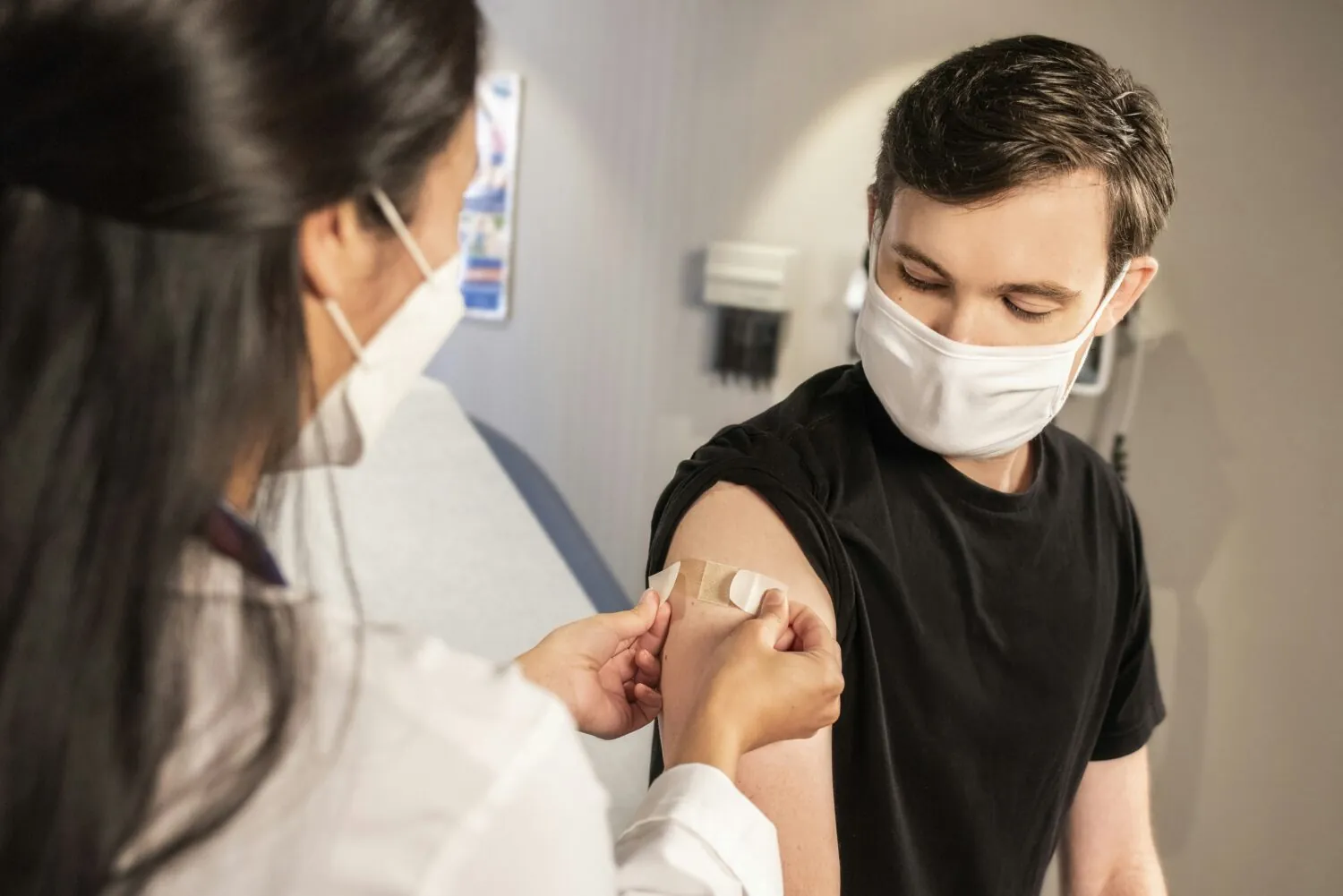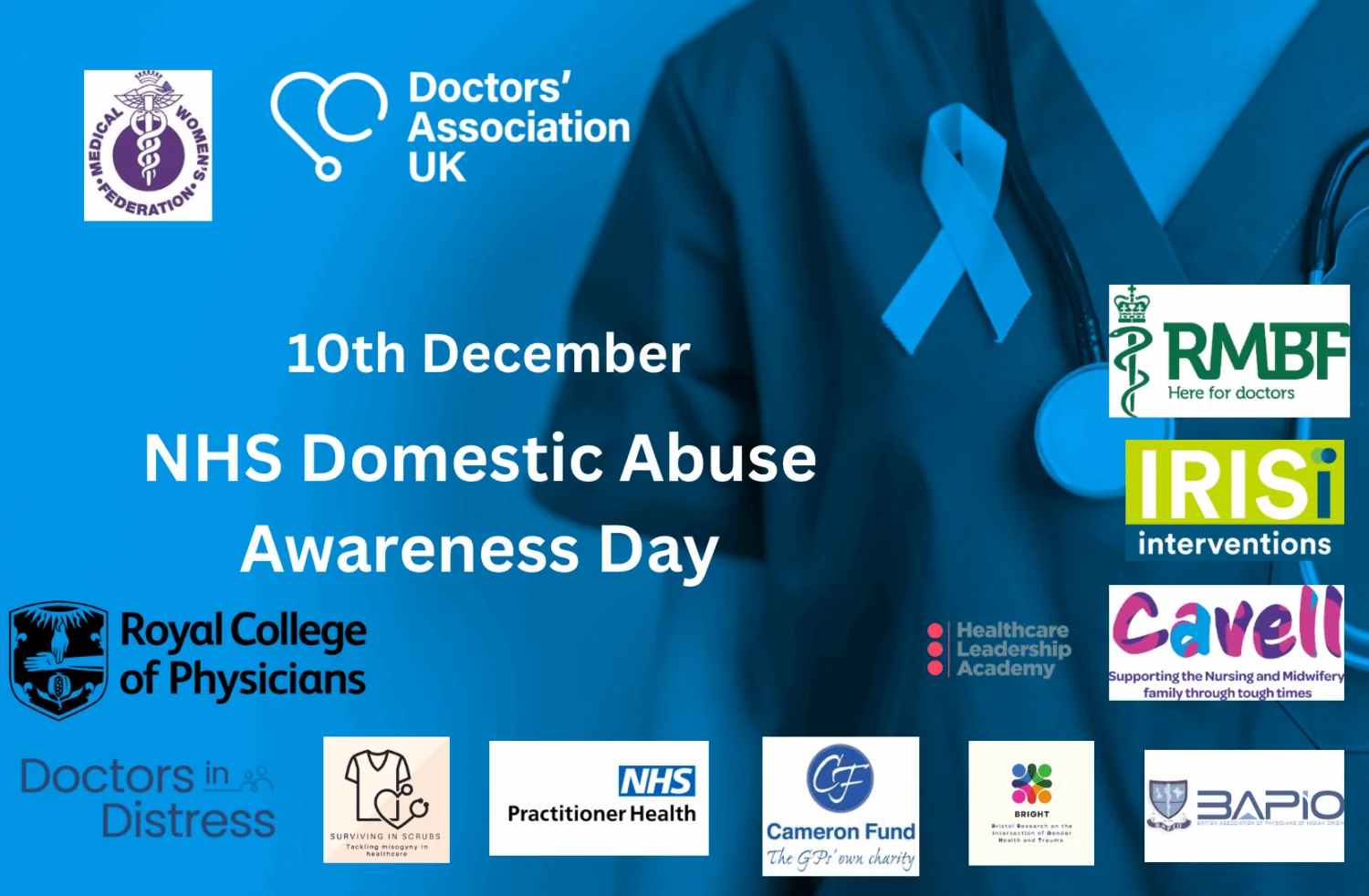New GMC guidance for supervising physician associates (PAs) creates uncertainty for doctors and fails to address patient safety concerns, says DAUK.
The guidance includes advice on supervision, delegation and accountability when working with PAs and anaesthesia associates (AAs).
It is underpinned by the key principles from the professional standards and engagement with professional bodies, doctors, PAs and AAs, the GMC said.
Supervision
However, the Doctors’ Association UK is concerned that the guidance is poor and does not address issues around supervision.
These issues include the supervisor retaining responsibility and accountability for patient care.
This means supervising doctors will be liable for mistakes, said Dr Steve Taylor, DAUK’s GP spokesperson.
Dr Taylor said: “Doctors need to be sure that the task they are delegating is within the scope of the PA.
“In many cases the supervisor will not have sufficient knowledge of the PA’s training, knowledge, or capabilities.
Patient safety
“Because the supervisor retains responsibility and accountability for patient care, the supervisor will need to be confident the patient is being treated appropriately, safely, and has been thoroughly assessed.
“Supervision is not straightforward and currently there are no training requirements for supervisors.
“This means patients primarily, as well as PAs and doctors, are being placed in positions that are not ideal at best and unsafe at worst.
“The delegating doctor retains responsibility for patient care, and therefore will be liable for mistakes. Patient safety and care needs to be paramount.
Medico-legal minefield
“This effectively places doctors in a medico-legal minefield and open to GMC referrals for mistakes, as medical defence organisations such as the MDU make clear.”
Dr Taylor added: “Doctors will remain responsible for the overall management of the patient, decisions around transfer of care, and the processes in place to ensure patient safety.
“Although AAs and PAs remain accountable for their actions, a doctor will retain responsibility for the overall management of the patient and the system of supervision.”
Dr Taylor said the guidance lacked certainty for doctors, failed to address significant patient safety concerns, and did not provide a comprehensive framework for supervision of PAs and AAs.
Certainty and clarification
He said: “More certainty and clarification is needed, and employers need to be aware of the significant implications of supervision, including training, assessment and monitoring.
“This was highlighted by Nuffield Trust in respect to general practice supervision of other roles, but can also be extended to hospitals.”
Please support our work by contributing to our crowd funder or by becoming a member.





